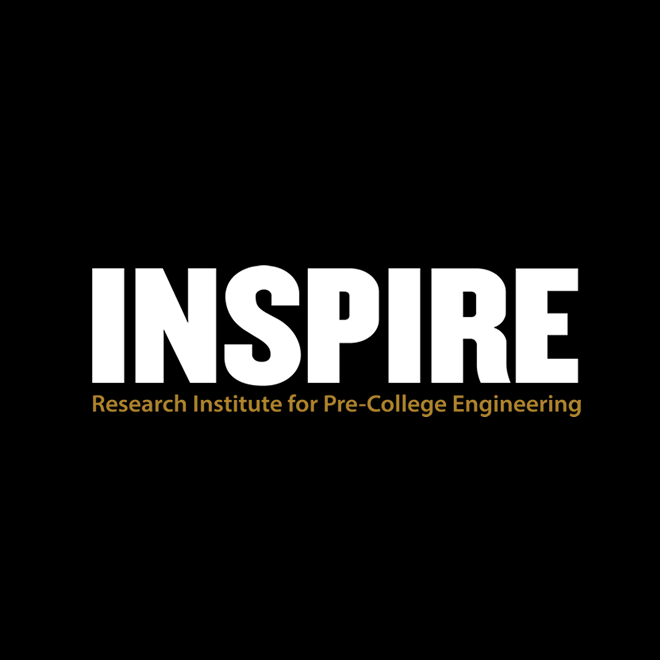Abstract
There is growing recognition that interest is critical for engaging and supporting learners from diverse communities in engineering and other science, technology, engineering, and mathematics (STEM) topics. Although interest research has historically focused on older children, studies demonstrate that preschool-age and younger children also develop persistent, individualized interests in different objects, activities, and topics and that these early interests have important implications for ongoing learning and development. Unfortunately, there is relatively little research on engineering learning in early childhood and almost no work specific to the concept of interest. To begin to address this need, we conducted in-depth case study research with 15 English- and Spanish-speaking families and their preschool-age children participating in a family-based engineering education program through a local Head Start organization. Using systems theory to conceptualize interest development as involving the whole family, the study documented how both children and parents developed engineering-related interests through the program and explored the characteristics of and shifts in these interest systems. The qualitative, cross-case analysis highlighted three aspects of family-level interest development that varied across families and over time: (1) parent awareness, knowledge, and values; (2) family re-engagement with engineering activities; and (3) family use of the engineering design process. Shifts were also observed in a subset of the families that potentially signal movement toward deeper, sustained levels of engineering-related interest.
Recommended Citation
Pattison, S.,
Svarovsky, G.,
Ramos-Montañez, S.,
Gontan, I.,
Weiss, S.,
Núñez, V.,
Corrie, P.,
Smith, C.,
&
Benne, M.
(2020).
Understanding Early Childhood Engineering Interest Development as a Family-Level Systems Phenomenon: Findings from the Head Start on Engineering Project.
Journal of Pre-College Engineering Education Research (J-PEER), 10(1), Article 6.
https://doi.org/10.7771/2157-9288.1234
Included in
Developmental Psychology Commons, Early Childhood Education Commons, Engineering Education Commons, Family, Life Course, and Society Commons, Science and Mathematics Education Commons


